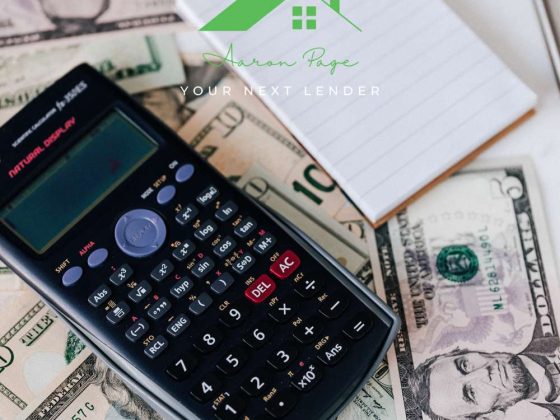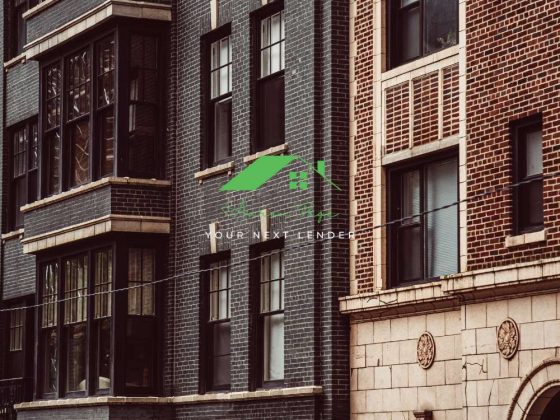What is a Loan Officer?
A loan officer is a professional who works with borrowers to help them secure financing for a home or other property. They are responsible for evaluating loan applications, providing information on loan products and terms, and working with borrowers to find the best financing option to meet their needs. Loan officers can work for banks, mortgage companies, or other financial institutions, and they typically have a background in finance or real estate.
One type of loan that a loan officer may work with is a conventional loan. A conventional loan is a mortgage that is not backed by a government agency, such as the Federal Housing Administration (FHA) or the Department of Veterans Affairs (VA). These loans are often offered by banks and mortgage companies, and they tend to have stricter eligibility requirements than government-backed loans. For example, borrowers may need to have a higher credit score or a larger down payment in order to qualify for a conventional loan.
Another type of loan that a loan officer may work with is a VA loan. VA loans are mortgage loans that are backed by the Department of Veterans Affairs (VA). They are available to active duty military personnel, veterans, and certain surviving spouses. VA loans offer several benefits, including no down payment requirement, no private mortgage insurance (PMI) requirement, and flexible credit and income requirements. They are a popular choice for military borrowers, as they can make it easier to afford a home and save money on monthly mortgage payments.
When working with a loan officer, it is important to communicate openly and honestly about your financial situation. This will help the loan officer better understand your needs and find a loan product that is right for you. It is also important to ask questions and do your own research to understand the different types of loans that are available and which one may be the best fit for you.
The loan officer will typically start by collecting information about your income, assets, debts, and credit history. They will use this information to help determine how much you can afford to borrow and what type of loan may be best for you. If you are applying for a conventional loan, the loan officer will review your credit score, debt-to-income ratio, and other factors to determine your eligibility. If you are applying for a VA loan, the loan officer will review your military service, discharge status, and other factors to determine your eligibility.
Once the loan officer has evaluated your application, they will provide you with information on the loan products and terms that are available to you. This may include information on the interest rate, fees, and closing costs associated with the loan. It is important to carefully review this information and ask questions to understand the terms of the loan and how it will impact your financial situation.
The loan officer will also help you through the process of getting pre-approved for a loan. Pre-approval is an important step in the home buying process, as it gives you a better idea of how much you can borrow and helps you understand your budget. To get pre-approved, you will need to provide the loan officer with additional documentation, such as proof of income and employment, tax returns, and bank statements. The loan officer will review this information and provide you with a pre-approval letter, which you can use to make offers on homes.
Overall, working with a loan officer is an important part of the home buying process. They can help you understand the different loan options that are available and find the one that is right for you. Whether you are considering a conventional loan, FHA loan, VA loan or USDA loan, it is important to communicate openly with your loan officer and ask questions to ensure that you are making an informed decision.




